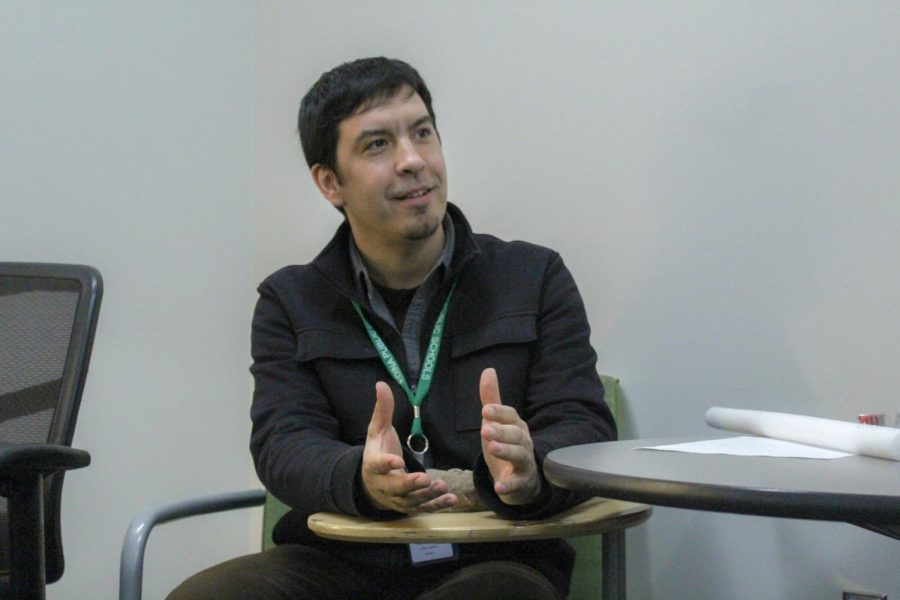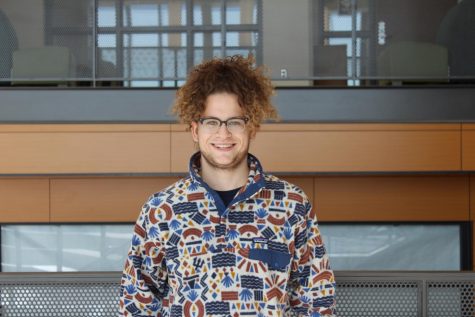A resource for students struggling with drug abuse
March 29, 2019
Drugs have always been an issue in high schools nationwide, often going hand in hand with student mental health issues. Those two factors combined add up to many students falling into a cycle of attempting to fix mental health issues with drugs; which makes them fall deeper into depression or anxiety because it’s not the proper solution.
There is a cause and effect cycle linking drug abuse and mental health issues. Luckily, Edina High School has a new solution, and his name is Chris Lawler. As a licensed alcohol and drug counselor, he helps students with their drug or other chemical addiction, so that they can focus on properly handling their mental issues.
In an interview on the EPS website with Jeff Jorgensen, the director of student support services for EHS, Lawler addressed the benefit of school drug counseling: “It can be a lot less stressful for a student to seek counseling in a familiar school environment. Access to services is one of the biggest advantages of having chemical dependency counseling on the school campus,” Lawler said.
He elaborated to Zephyrus that he sees four to five students per day at EHS, and all of them struggle with some sort of drug abuse: “Some students I meet with may have school-based or community chemical use instance, but may have a lower risk. Other students may have more intensive histories of abuse and I may recommend meeting for a while to address their concerns.”
With all of these meetings, Lawler helps with students who have many different severities of addictions to multiple different types of drugs. “I think the issues I see are pretty reflective of regional and national trends. The use of e-cigarettes and marijuana tend to be the most common,” Lawler said. Both of those drugs are common among the high school social scene, whether at parties, carpools or even school bathrooms. Some students who use drugs just want to try it, and it is only a rare social event for them, but for some unfortunate others, it’s a necessity for them.
Students that are addicted to more intense drugs, such as prescription pain meds, heroin, or cocaine, and Lawler is here to help them too. “I see some fluctuation in other trends, for example, abuse of over-the-counter and prescription meds. Prescription stimulants for ADHD and prescription anti-anxiety medication tend to be the most common,” Lawler said.
He uses a process called “motivational interviewing” to help students decide to become or stay sober. “My approach is often to work with that individual on exploring potential future consequences and helping them to weigh the outcome of their choice to continue to use or to perhaps explore sobriety as an option. It can be an effective way to help the person explore the outcome of various choices and to talk openly about their struggles without feeling judged.”
Many of the students do not have a long history of drug abuse, and they also have the possibility of a long and successful future in high school and beyond. As well as rehabilitating current drug users, Lawler works to prevent drug use among students, “Often it is providing some education, talking about steps to prevent future issues like addiction from occurring and discussing underlying risk factors, I often work with youth who are also struggling with family conflict or mental disorders, so often I am working with youth to identify a plan to address those issues,” Lawler said.



